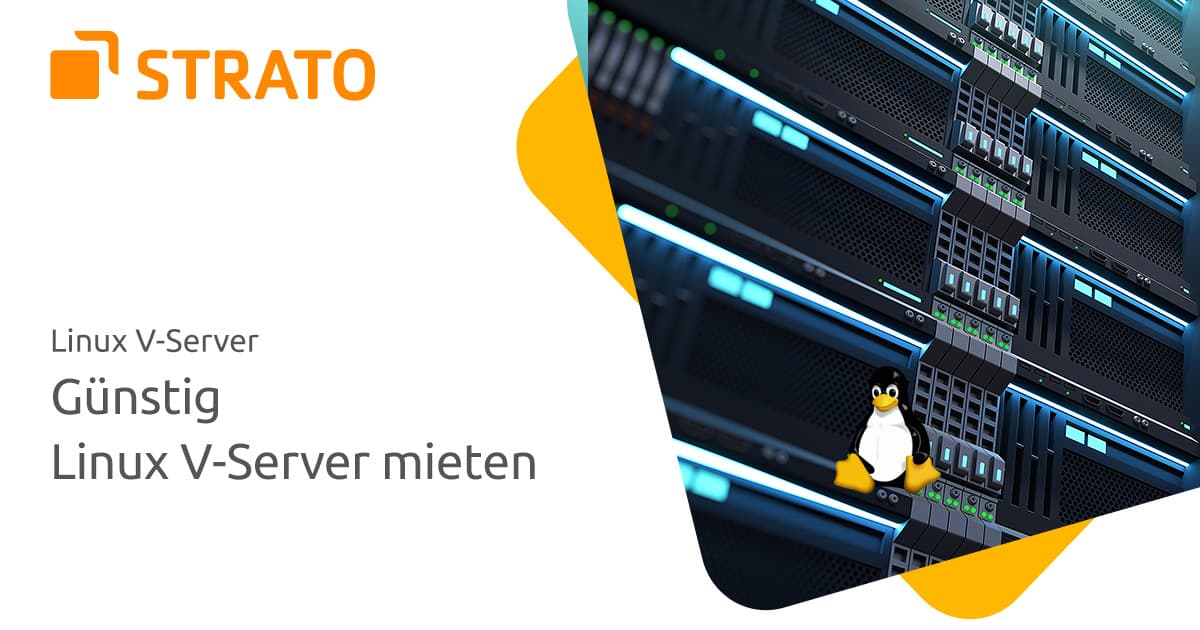- Server operating system version
- Ubuntu 22.04.2 LTS
- Plesk version and microupdate number
- Plesk Obsidian 18.0.53
Hey folks,
I'm currently migrating a project from one server to another server.
Initially I used the Plesk Migrator Extension and am now migrating the remaining changes by hand.
Unfortunately one topic is giving my quite a headache:
On my previous server I had two Docker containers, which I was able to set up quite easily without any bigger issue.
But on my new server the Docker container are all unable to connect to the internet.
Not even a simple PING to Google or other IPs is able to go through.
The only workaround I have found to provide an internet connection to the Docker containers is to run them with the --network=host option.
But this is causing other side effects and also seems like a dirty solution.
Because I'm currently a bit lost, I would really appreciate any advice and input to point me to a potential solution.
The server it's running on is a KVM Server of Strato.

 www.strato.de
www.strato.de
Let me know if I can provide any more relevant information regarding this issue.
Cheers
zZeepo
These are some of the steps I have tried so far:
1. I have compared the iptables rules with my previous server.
The only difference was that the Chain FORWARD policy was DROP instead of ACCEPT, which I changed.
It didn't solve the issue tho. Here my current iptable rules:
2. I checked for firewalls.
- ufw is "Status: inactive"
- firewalld is not installed
3. I tried to configure the DNS of the dockerd with the "/etc/docker/daemon.json" file.
4. I enabled IP Forwarding via "/etc/sysctl.conf"
5. I changed the nameserver in "/etc/resolv.conf" to Google and Cloudflare.
6. I have changed the symlink of the "/etc/resolv.conf" to "/run/systemd/resolve/resolv.conf".
I'm currently migrating a project from one server to another server.
Initially I used the Plesk Migrator Extension and am now migrating the remaining changes by hand.
Unfortunately one topic is giving my quite a headache:
On my previous server I had two Docker containers, which I was able to set up quite easily without any bigger issue.
But on my new server the Docker container are all unable to connect to the internet.
Not even a simple PING to Google or other IPs is able to go through.
Code:
# docker run busybox ping 8.8.8.8
PING 8.8.8.8 (8.8.8.8): 56 data bytes
--- 8.8.8.8 ping statistics ---
34 packets transmitted, 0 packets received, 100% packet lossThe only workaround I have found to provide an internet connection to the Docker containers is to run them with the --network=host option.
But this is causing other side effects and also seems like a dirty solution.
Because I'm currently a bit lost, I would really appreciate any advice and input to point me to a potential solution.
The server it's running on is a KVM Server of Strato.

V-Server mieten: mit Linux oder Windows | STRATO
Günstige V-Server mit viel RAM ✔ Plesk Web Admin ✔ SSL Zertifikat inklusive ✔ Unlimitierter Traffic ✔ Jetzt ab 1 € pro Monat mieten!
Let me know if I can provide any more relevant information regarding this issue.
Cheers
zZeepo
These are some of the steps I have tried so far:
1. I have compared the iptables rules with my previous server.
The only difference was that the Chain FORWARD policy was DROP instead of ACCEPT, which I changed.
It didn't solve the issue tho. Here my current iptable rules:
Code:
Chain INPUT (policy ACCEPT)
target prot opt source destination
Chain FORWARD (policy DROP)
target prot opt source destination
DOCKER-USER all -- anywhere anywhere
DOCKER-ISOLATION-STAGE-1 all -- anywhere anywhere
ACCEPT all -- anywhere anywhere ctstate RELATED,ESTABLISHED
DOCKER all -- anywhere anywhere
ACCEPT all -- anywhere anywhere
ACCEPT all -- anywhere anywhere
Chain OUTPUT (policy ACCEPT)
target prot opt source destination
Chain DOCKER (1 references)
target prot opt source destination
Chain DOCKER-ISOLATION-STAGE-1 (1 references)
target prot opt source destination
DOCKER-ISOLATION-STAGE-2 all -- anywhere anywhere
RETURN all -- anywhere anywhere
Chain DOCKER-ISOLATION-STAGE-2 (1 references)
target prot opt source destination
DROP all -- anywhere anywhere
RETURN all -- anywhere anywhere
Chain DOCKER-USER (1 references)
target prot opt source destination
RETURN all -- anywhere anywhere2. I checked for firewalls.
- ufw is "Status: inactive"
- firewalld is not installed
3. I tried to configure the DNS of the dockerd with the "/etc/docker/daemon.json" file.
JSON:
{
"dns": ["212.227.123.16", "8.8.4.4"]
}4. I enabled IP Forwarding via "/etc/sysctl.conf"
Code:
net.ipv4.ip_forward=1
net.ipv6.conf.all.forwarding=15. I changed the nameserver in "/etc/resolv.conf" to Google and Cloudflare.
6. I have changed the symlink of the "/etc/resolv.conf" to "/run/systemd/resolve/resolv.conf".
